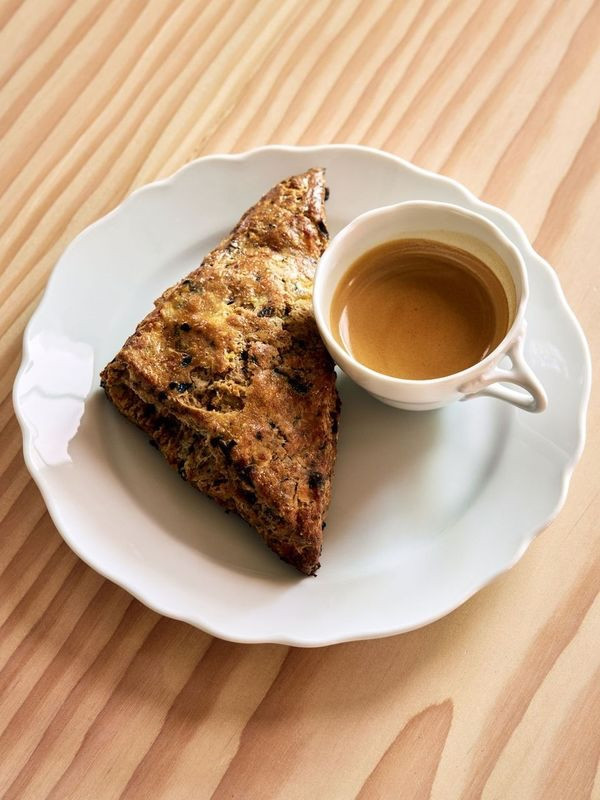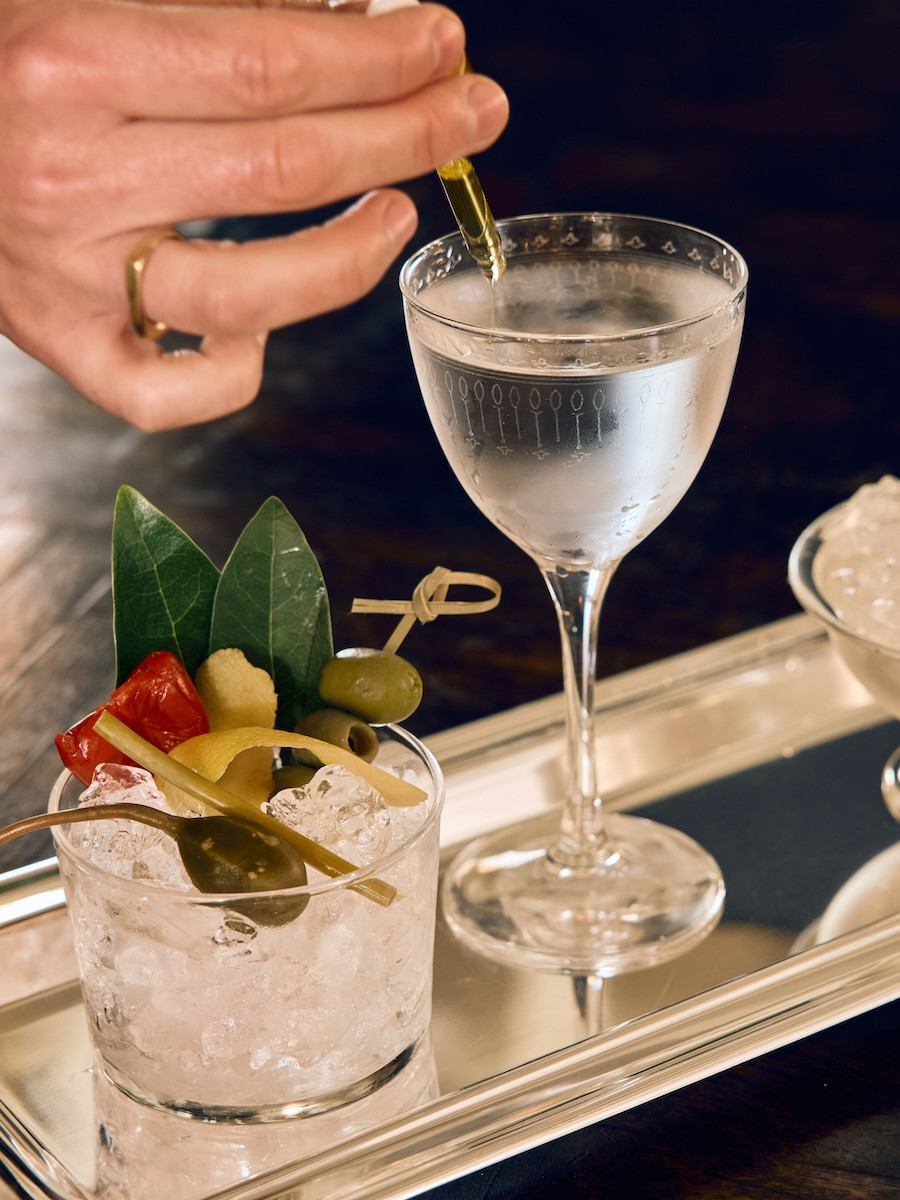Inness's Taavo Somer Opens All-Day Restaurant Little Goat in Rhinebeck
The eatery is open for dinner but will soon be open all day, seven days a week.

The eatery is open for dinner but will soon be open all day, seven days a week.
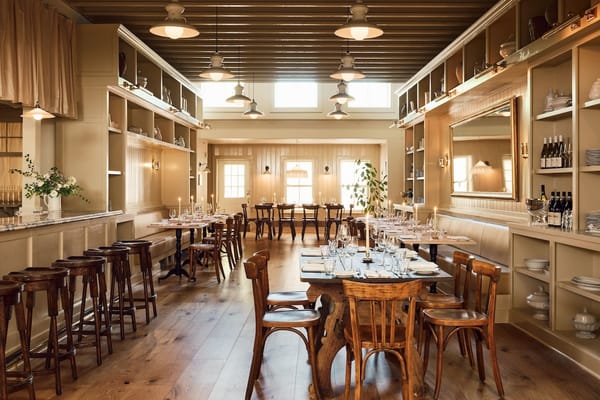
Well known hotelier, restaurateur and Rhinebeck resident, Taavo Somer and longtime business partner Erin Winters say they knew exactly what they wanted to do when The Amsterdam restaurant in Rhinebeck closed, less than a year ago. The building on Mill Street was the perfect spot for an idea they’d had for years. That daydream is now Little Goat, a warm, design-forward restaurant and cafe that’s already drawing attention for its plant-focused menu and its big plan to soon be open all day, every day.
The restaurant opened just for dinner earlier this month but will start offering lunch as well starting on June 27 with brunch and breakfast service rolling out in the weeks that follow. There will also be an elevated grab-and-go cooler at Little Goat. Despite having opened major venues across the country, Somer and Winters, who both live nearby, say Little Goat is for their neighbors, friends, and family.
“This one feels personal,” Somer says. “It’s in our backyard. We know Rhinebeck. And we knew there was a real need here for something new, something dynamic, something all day.”
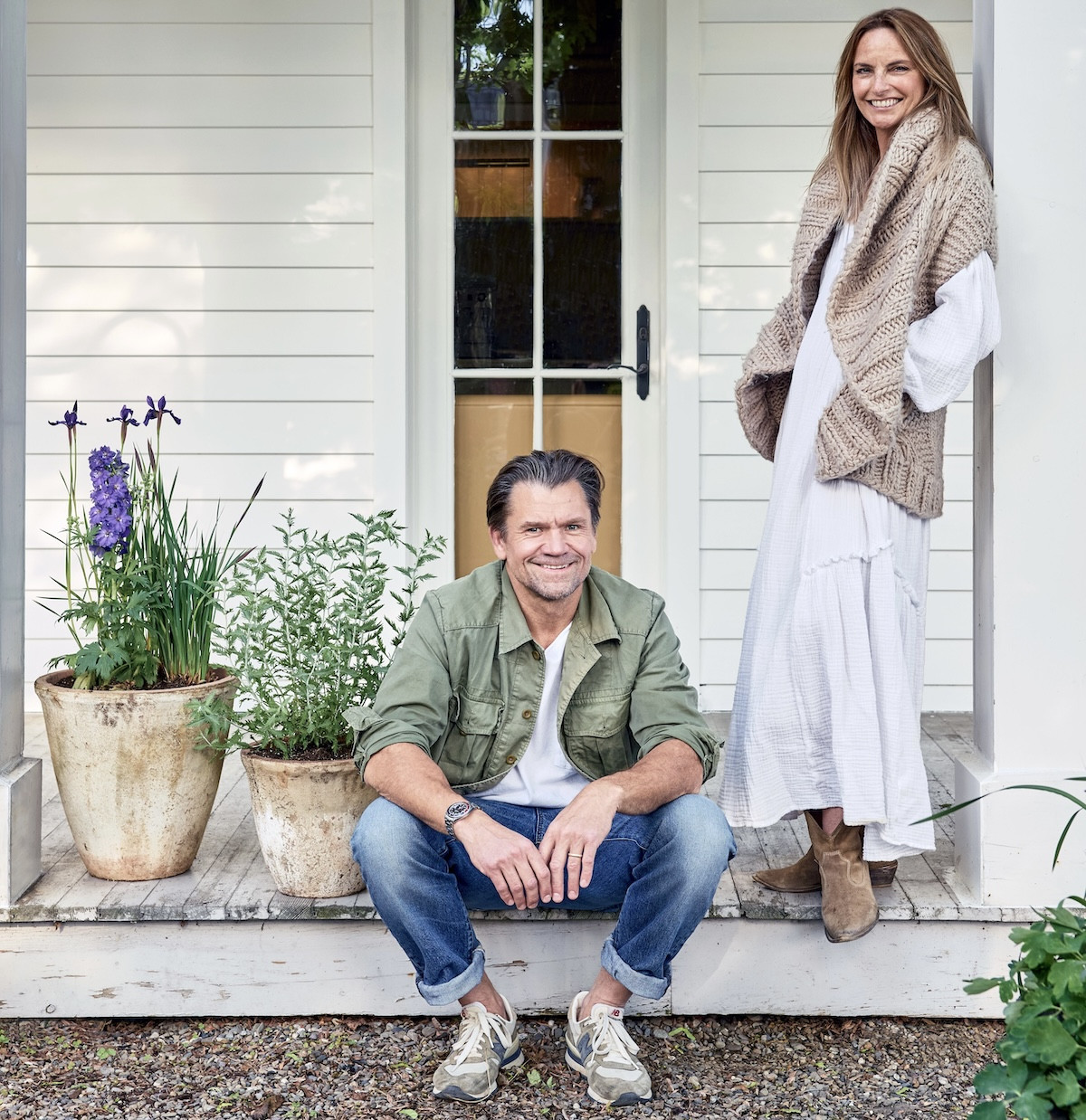
Taavo Somer and Erin Winters. Photo by Kate Sears
Somer is an architect-turned-hospitality entrepreneur whose notoriety took off when he cofounded Freemans in 2004, a Lower East Side back‑alley restaurant that sparked a citywide craze for rustic, taxidermy‑laden interiors—an aesthetic he coined “primitive modernism.” Little Goat is more egalitarian—refined off-white linen rather than shabby chic.
Over the years, Somer has built immersive nightlife and restaurant experiences—from underground parties at Pussycat Lounge to launching the nautically inspired Rusty Knot and the stylish Isa in Brooklyn. Beyond dining, he expanded into the fashion and lifestyle sector with Freemans Sporting Club (a men’s boutique and barbershop) and a furniture line with Friends & Family. In the Hudson Valley, along with Winters, he launched Inness—a boutique hotel and members’ retreat with a restaurant, organic farm, cabins, and spa.
The pair have worked together for years on other notable projects including Hotel Kinsley and Lola in Kingston. But Little Goat is a different kind of expression of their style and sensibility. “It’s not just a restaurant,” Winters says. “It’s also grab-and-go, bakery, private dining, events—designed from the ground up to be community-focused.”
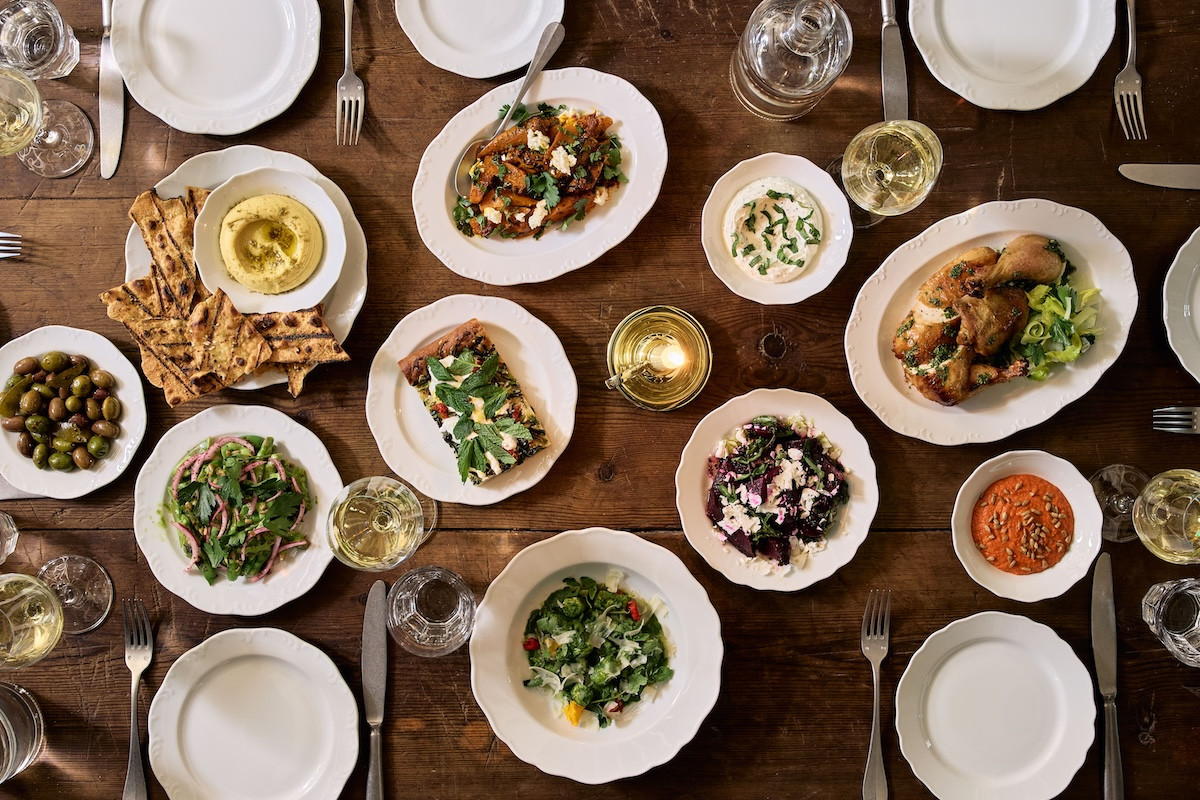
Kate Sears
The dinner menu at Little Goat—developed with Chef Brian Arruda and Executive Chef Brian Paragas, formerly of Blackberry Mountain in Tennessee, and Zahav and Vetri Cucina in Philadelphia—is based around highlighting vegetables, with seasonal produce from local farms taking center stage alongside housemade pastas and select locally sourced proteins. The kale salad with breadcrumbs and cheese ($14) has already become a favorite among Somer and Winters’s own daughters. “It’s the only way my kids will eat kale,” Winters says with a laugh.
Other early hits include the tagliatelle with ramp pesto and breadcrumbs ($24), and a standout pork chop sourced from Veritas Farms, served with olives, fennel pollen, figs, and capers ($28). “It’s not just about having vegetables on the menu,” Winters added. “It’s about doing something interesting and layered with them. The feedback has been really enthusiastic.”
Little Goat encourages sharing, with plates of grilled carrots with harissa, goat cheese, mint, and cilantro ($14); roasted cauliflower with turmeric, golden raisins, and lemon-caper gremolata ($13); crispy flatbread topped with broccoli rabe, stracciatella, Calabrian chili, and mint ($12); and a mushroom ragu over creamy polenta with gremolata ($24).
The crown of Little Goat’s bar program, designed by locally based professional mixologists Natasha David and Jeremy Oertel, is a signature martini service. What Somer calls a “martini and a half,” is delivered dramatically to the table on a silver tray with a garnish of pickles ($25). “It’s fun, it’s a little extra, and people love it,” he says.
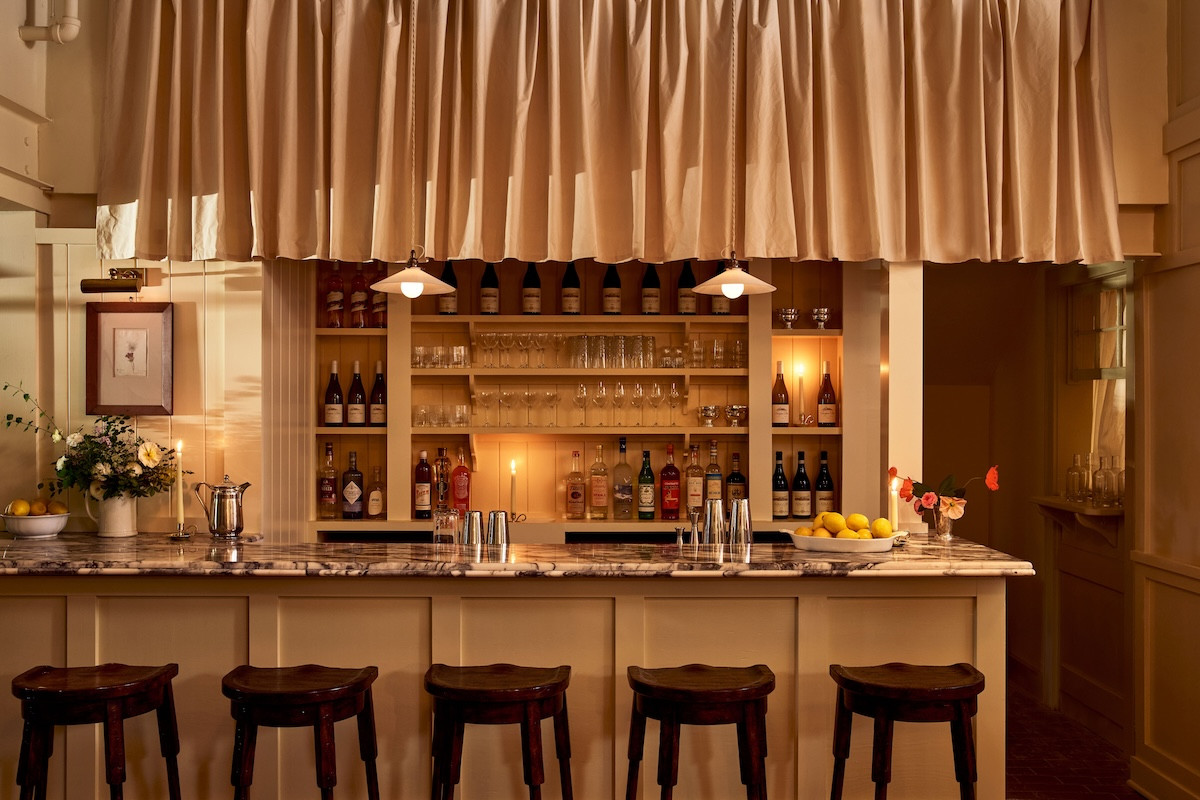
Kate Sears
The forthcoming lunch menu adds a diverse roster of sandwiches, including ham with cultured butter on baguette ($14), and a chicken bánh mì layered with pickled vegetables, garlic aioli, and cilantro on baguette ($14). For those going meatless, there’s a grilled Mediterranean vegetable sandwich with za’atar, hummus, and zhoug on spelt focaccia ($14), and a savory egg-and-greens combo with Calabrian chili aioli, also on focaccia ($10). Snacks like the caramelized fig and cardamom scone ($5), and a goat cheese galette with local strawberry and magnolia blossom ($6) will also be available.
The interior has been carefully reworked to support the restaurant’s eventual all-day use, with light color palettes and decorative beams that bring down the high ceiling a bit, creating a relaxed but elegant space that shifts easily from breakfast sunlight to dinner glow. The grab-and-go case at the front will soon offer prepared foods like salads, pastas, sauces, and more—“It’s designed for how people live here,” Somer says. “You can eat in, but also take something home for tomorrow’s dinner or a housewarming gift.”
They’ve also collaborated with Sparrowbush Farm to develop an in-house bakery program for pastries, scones, muffins, galettes, and lavash. “We wanted a place where you could come for breakfast, then come back for a dinner date,” said Winters. “Not many places like that exist around here.”
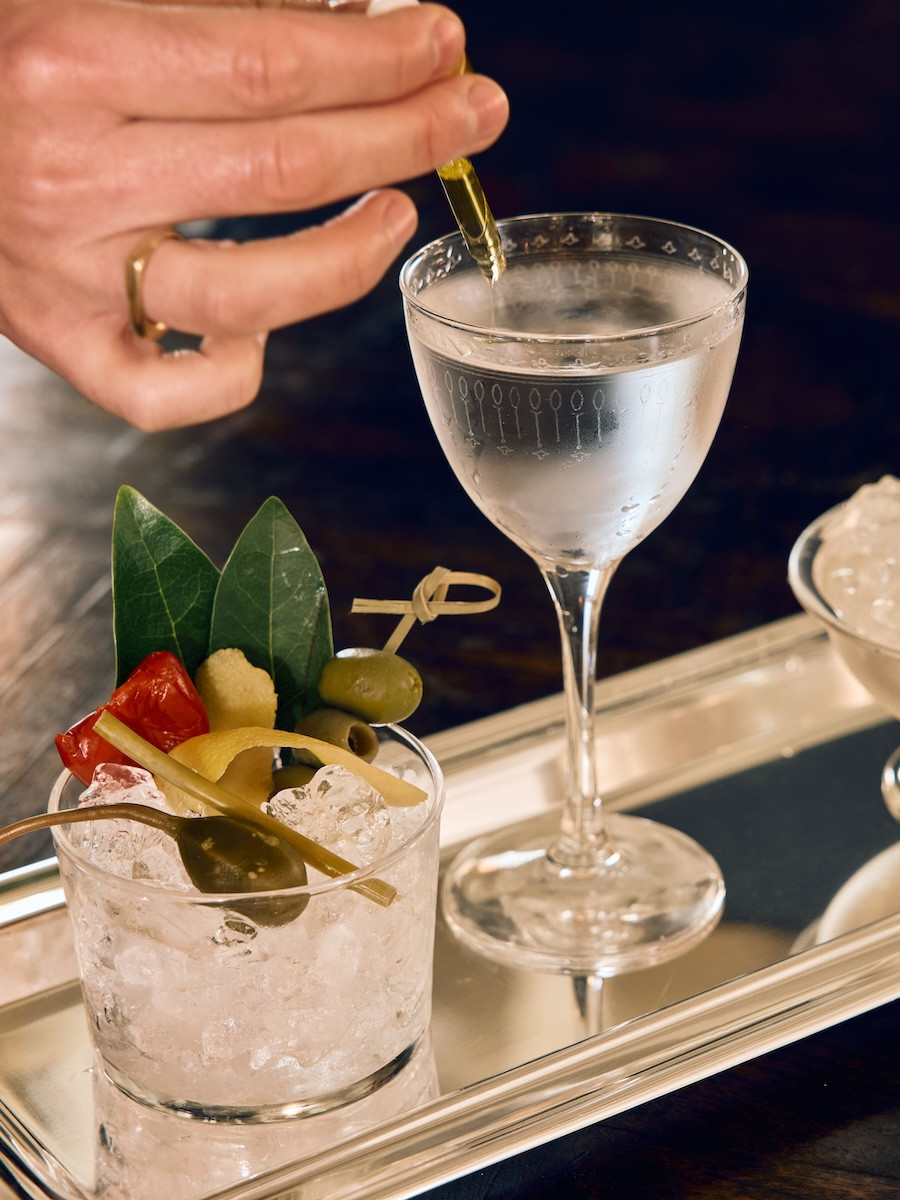
The plan is to run breakfast through dinner seven days a week, with catering and event offerings built off the existing menu. “We don’t want to have a separate event menu,” Somer says. “Everything should scale—from a single dinner guest to a party of 40.”
Winters and Somer say while it’s important that they stick to their tiered roll out plan, they hear the community’s anticipation, as folks knock on the door all day to see if they’re open yet. “Every guest who comes in for dinner asks, ‘When’s lunch?’” Somer says. “So now we’ll give them lunch.”

